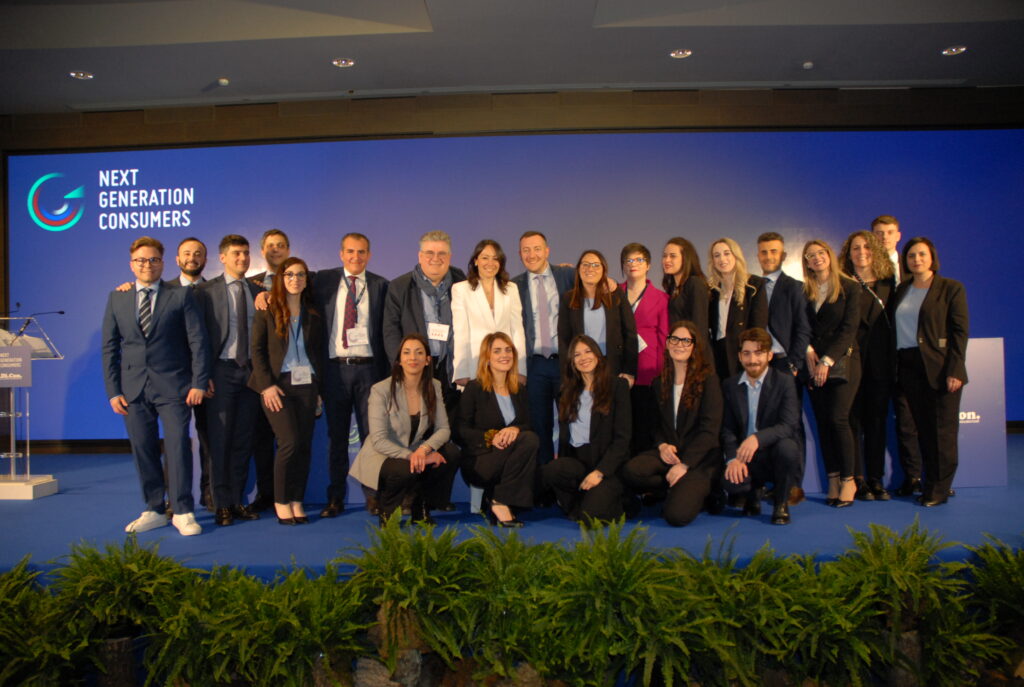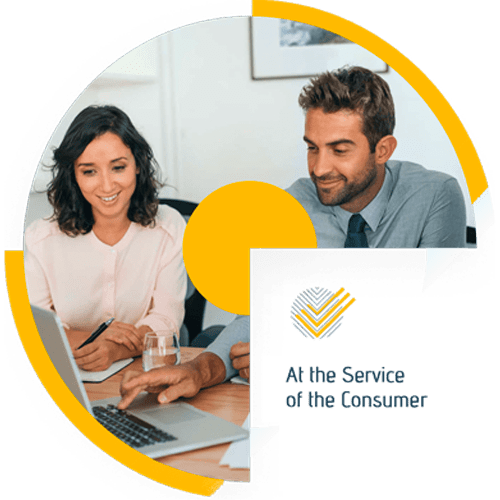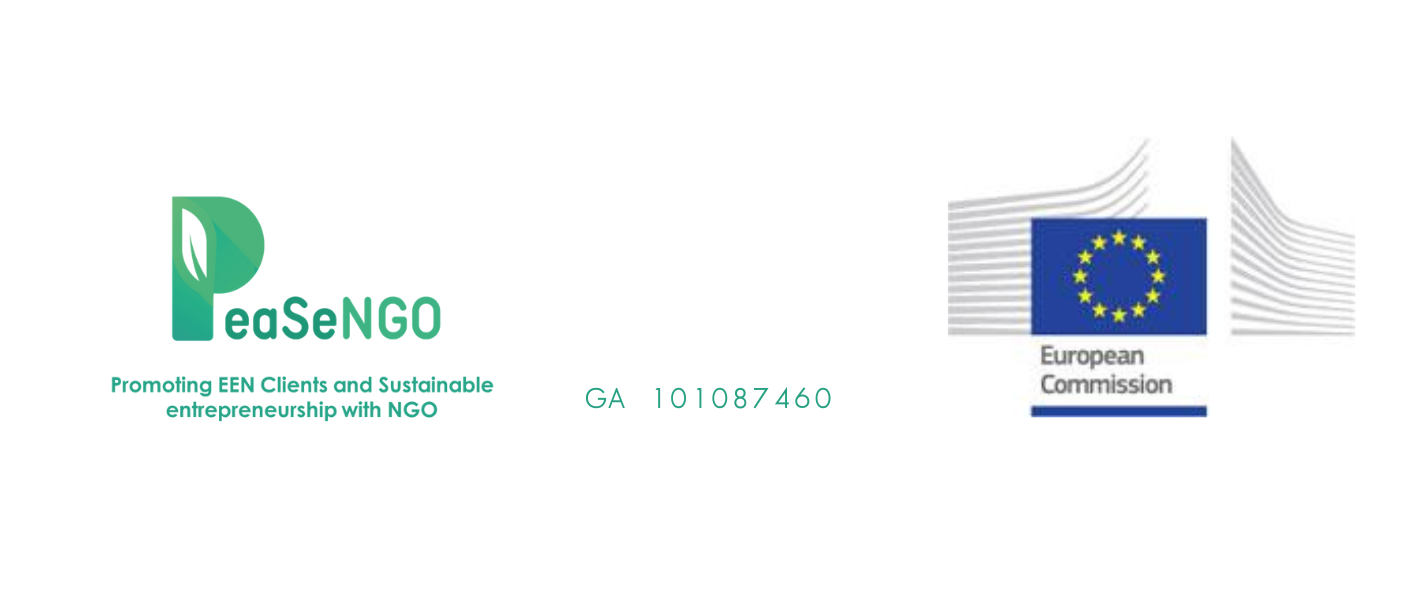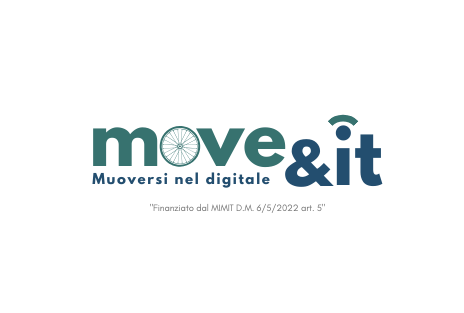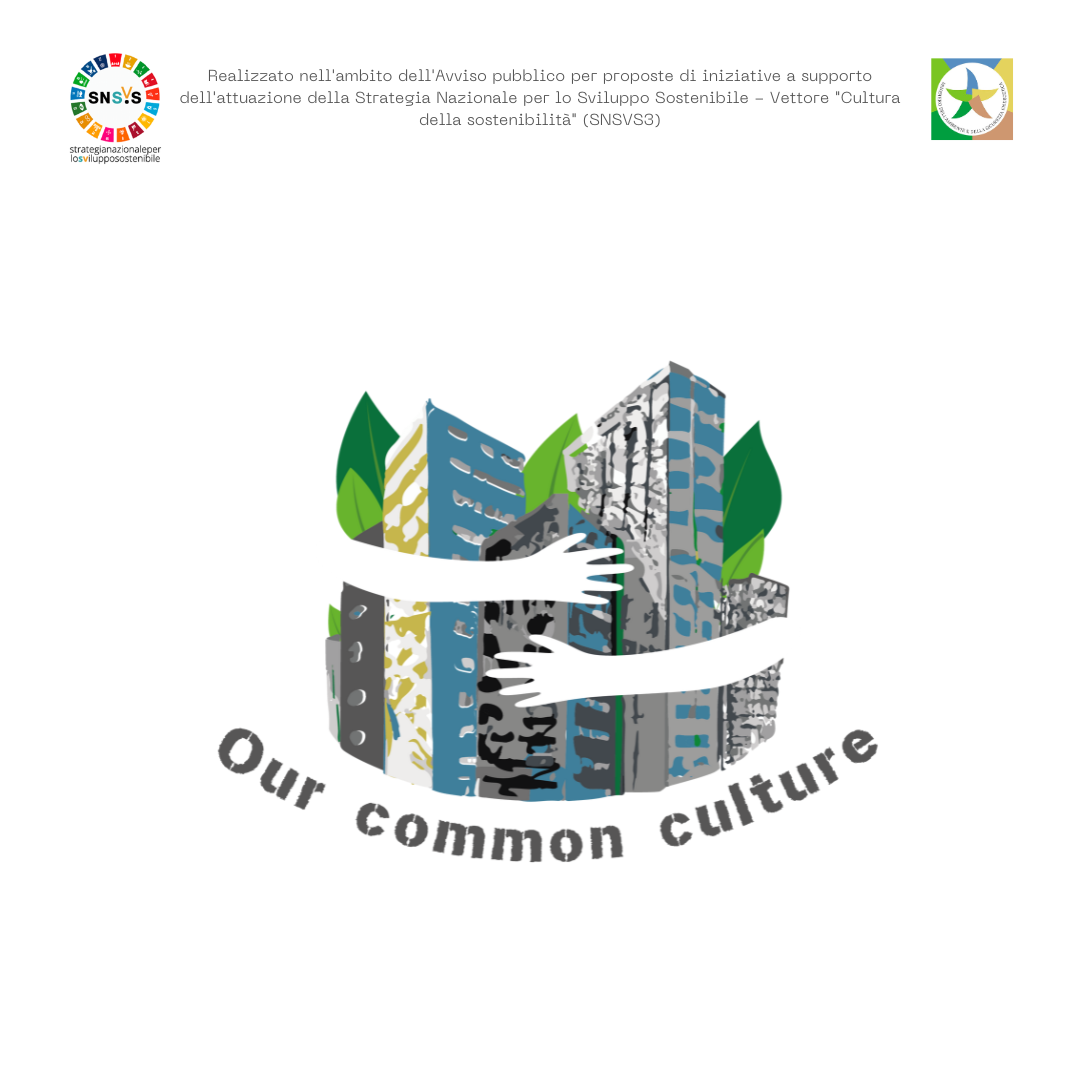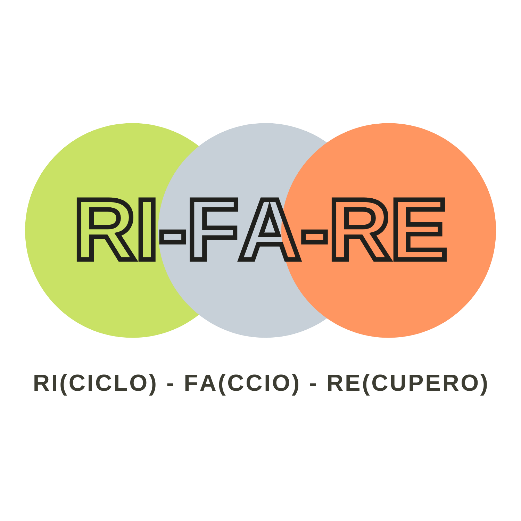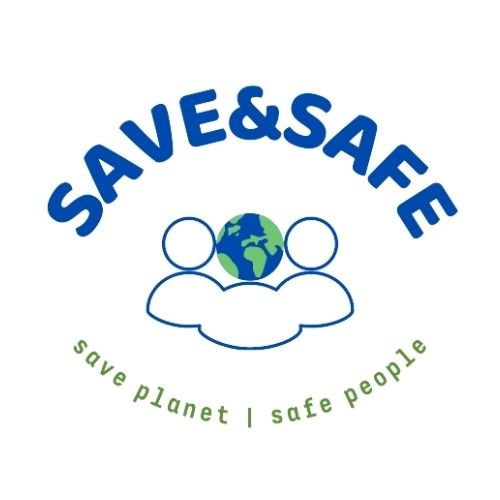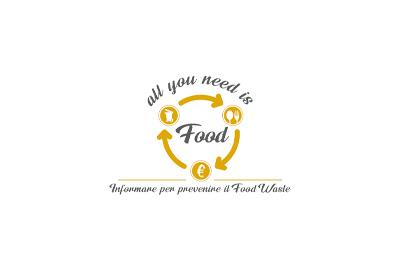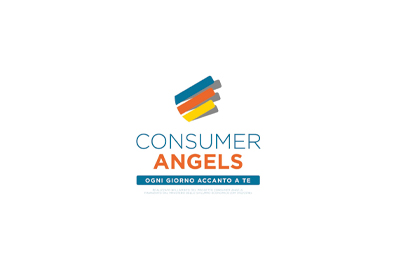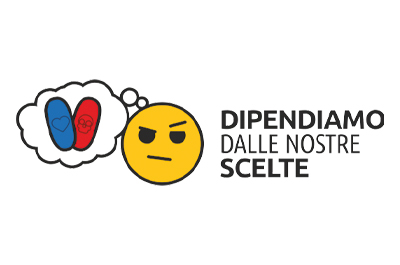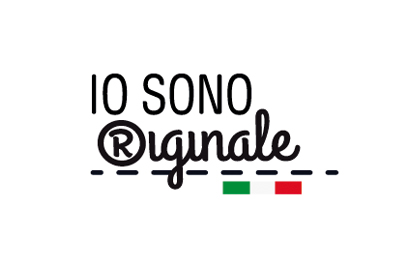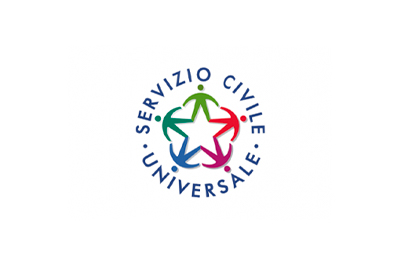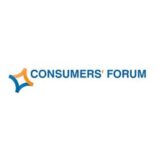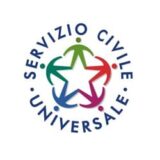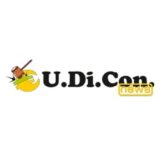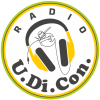The term Alternative Dispute Resolution (ADR) denotes a wide range of dispute resolution processes, used in lieu of litigation, to settle disputes among two disagreeing parties with the help of a third party. In most cases, resort to ADRs is compulsory before turning to a judge, thus resulting in lowering courts workload. Furthermore, ADRs have become popular among consumers as they come up with generally shorter resolution times and fewer costs.
U.Di.Con. endorses several ADRs concerning communication, postal service, energy, transportation and financial sectors, including agreements with Wind H3G, Vodafone, Tim, Fastweb, Poste Italiane, UniCredit, Intesa San Paolo, Acea, Enel, Eni, Trenitalia, TreNord, Netcomm and Autostrade per l’Italia.


